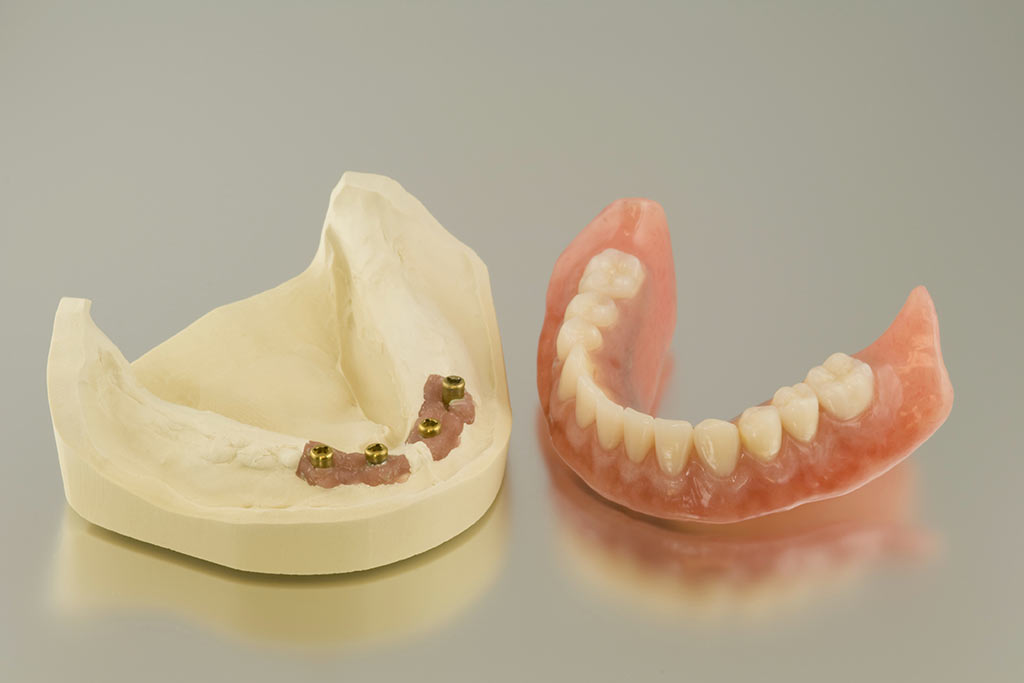To the eye, the acrylic surface of a denture appears to be solid. However, denture acrylic is actually porous and full of microscopic crevices. For denture patients, this means that even a thorough brushing may not sufficiently penetrate the many hiding places that bacteria find in a denture’s surface.
In the age of DIY, Pinterest, and Google searches, you may be tempted to try homemade denture cleaning “solutions” or shortcuts as a way to reach hidden bacteria. But as with so many things in life, if it sounds too good to be true, it probably is.
Over the years, we have fielded questions about many DIY cleaning methods. Here are some of our favourites that we recommend you do NOT try.
Baking soda
While it’s amazing for cleaning your bathtub, baking soda is not so helpful for cleaning your denture. It is abrasive and can damage both teeth and denture acrylic.
Mouthwash
Your favourite mouthwash might do wonders for your breath, but it may not be so wonderful for your denture. Many mouthwashes contain alcohol (specifically ethanol) to kill bacteria. Soaking or cleaning your denture in mouthwash containing alcohol may make it bacteria-free, but it will also damage the acrylic base of your denture.
(If you’d like to try an alcohol-free mouthwash, we can recommend a great one – call or stop in for more information.)
Isopropyl alcohol
Commonly referred to as rubbing alcohol, isopropyl alcohol (or ISA) is a staple of many home medi-kits. Used as a disinfectant, it kills germs and bacteria. Unfortunately, ISA can also damage denture acrylic, similar to the alcohol in some mouthwashes.
Bleach or household chemicals
Even in mild solution, bleach and other harsh household chemicals can weaken your denture and whiten your denture’s normally pink acrylic. As well, these chemicals can tarnish and corrode the metal in a cast partial denture.
Dishwasher or microwave
Disinfecting your kitchen sponge in your microwave or cleaning an old ball cap in the top rack of your dishwasher are two popular cleaning “hacks.” However, neither are good options for your denture. Attempting to disinfect your denture in the microwave or clean it in the dishwasher can irreparably warp your denture.
So if these DIY methods don’t work well, what is the best way to keep your denture clean? The answer is simple, and no gimmicks, hacks, or hidden tricks are necessary. All you need is proper, daily denture care along with regular visits to your Denturist.

